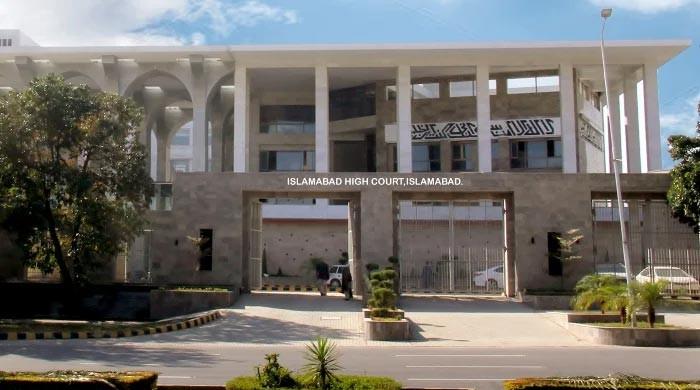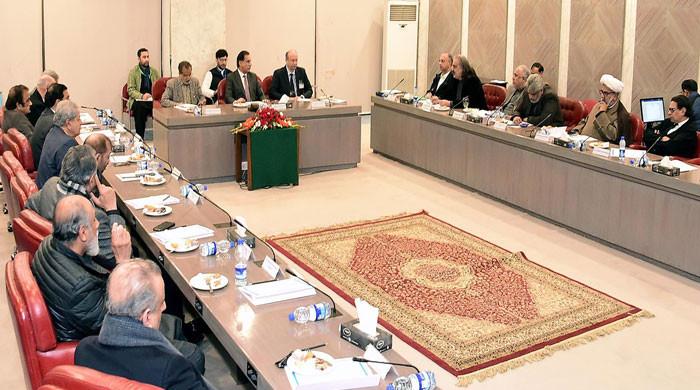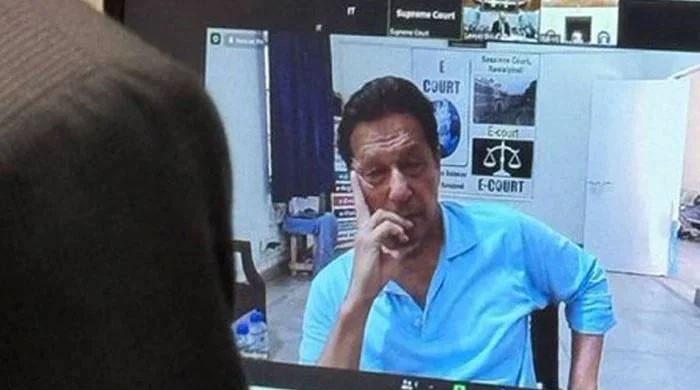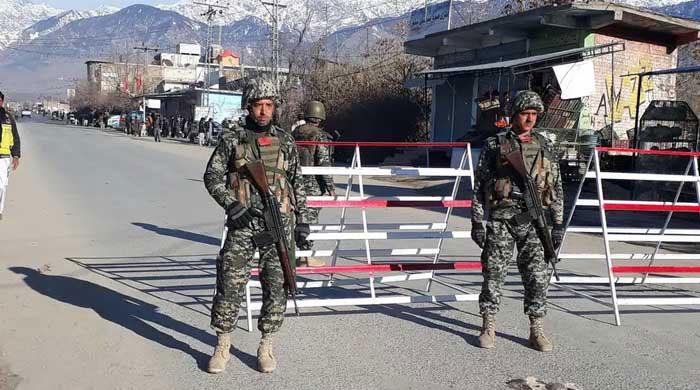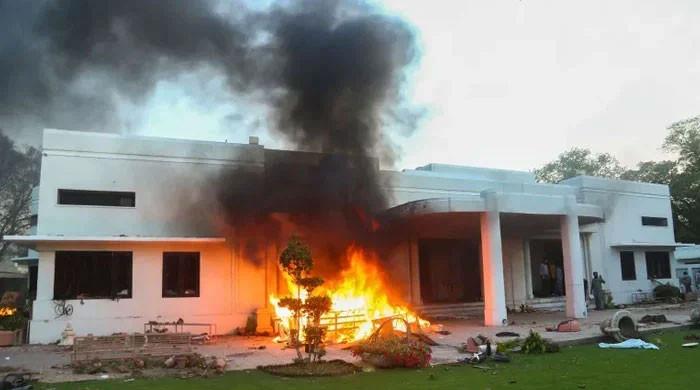Court upholds largest defamation award against publication in Zia-Chishti case
Chishti won major defamation lawsuit against Narratives Magazine and its editor Amir Zia over false, defamatory allegations
September 18, 2024

LAHORE/LONDON: The Lahore High Court's (LHC) Additional Session Judge Farhan Nabi has dismissed Narratives Magazine editor Amir Zia's appeal to set aside the defamation case judgement in favour of Pakistani-American tech entrepreneur Zia Chishti, documents show.
In May this year, Chishti won a major defamation lawsuit against Narratives Magazine and its editor Zia over false, defamatory and malicious allegations.
Narratives Magazine had levelled serious accusations against Chishti, labelling his reputation as "toxic" and citing allegations of sexual misconduct and violation of securities and other corporate laws against him.

The additional district judge had ruled that Chishti was defamed without any basis and out of malice. In a scathing ruling, the judge stated that Narratives Magazine had offered no credible evidence whatsoever in its defence, and that the magazine had caused Chishti severe damage.
The additional district court awarded Chishti the largest defamation damages award in Pakistani history, stating that the editor "is also directed to publish a clarification along with apology in his magazine regarding the article in question".
Zia had filed an appeal to overturn this judgement. He contended that there had been improper notice of service which violated his right to a fair trial, asking that the court set aside the earlier ex-parte order against him on the principle that "no one should be condemned unheard".
He claimed to have learned of the suit and the ex-parte judgement only after this reporter reached out to him for his version and a report published in Geo News.
Judge Nabi, in his judgement, rejected Zia’s application. He ruled that Chishti’s lawyers successfully established before the court that the papers were served properly at the correct address used by the defendant, the service was received by an appropriate representative, the service was legally effective, and that Zia’s failure to appear at court was intentional.
Additionally, the judge noted that the defendant’s own documents showed previous business activities at the address where the notice was served, contradicting their claim of an incorrect address.
Chishti is a serial tech entrepreneur who founded the multibillion-dollar company behind Invisalign dental braces and artificial intelligence company Afiniti. President Mamnoon Hussain awarded Chishti the Sitara-e-Imtiaz in 2018.
Zia said in a statement: "The court decision is surprising and has not taken into account that I was not informed about the filing of this case. I came to know about it through Geo News reporter. It was an ex-parte, one-sided decision. I can defend my story in the court. I am challenging it in the High Court."
This case in Pakistan will likely have broader ramifications. Chishti has filed several defamation lawsuits, including one against Britain’s powerful right-wing paper The Telegraph, which in late 2021 and early 2022, published an article about his former employee Tatiana Spottiswoode’s allegations against him.
Chishti is also pursuing a defamation case in the United States against Spottiswoode and her attorneys, for accusing him of picking up on her.
The evidence shows the relationship was based on mutual consent and trust, spread over months and years.
A key part of Spottiswoode’s defence appears to be that because her allegations against Chishti were made to the US Congress, she has legal immunity against Chishti’s defamation lawsuit.




